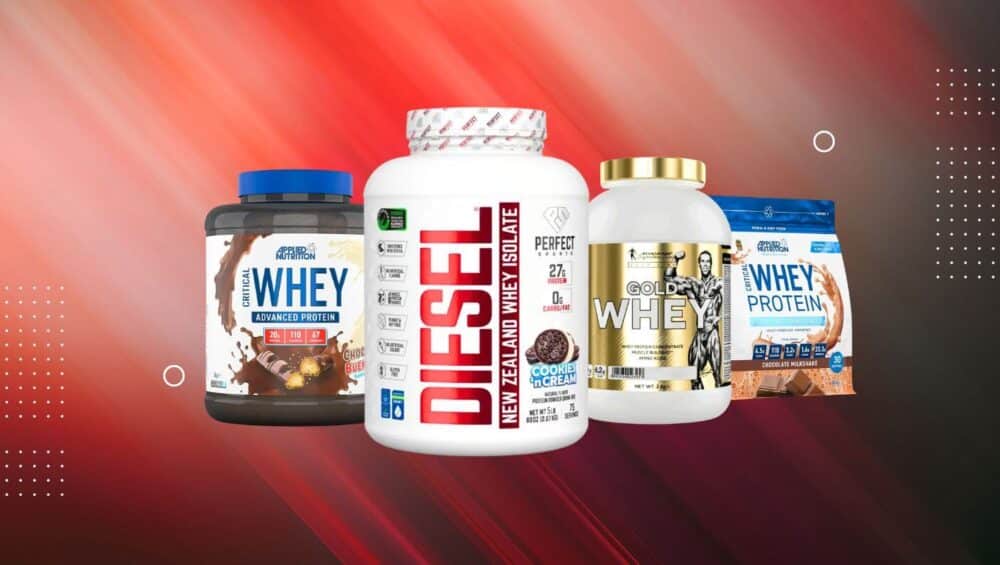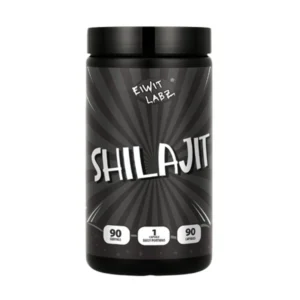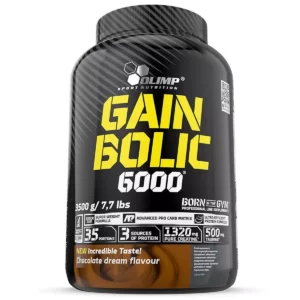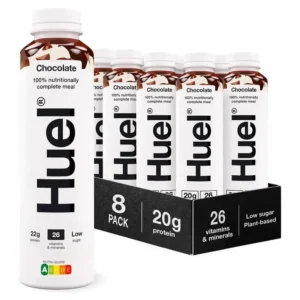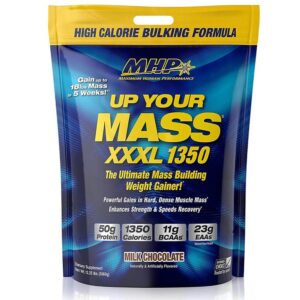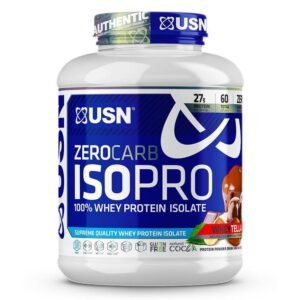Unveiling the Power of Whey Protein: Your Ultimate Guide
In the vast world of fitness and nutrition, few supplements have garnered as much attention and praise as whey protein. From bodybuilders to casual gym-goers, this powerhouse supplement has become a staple in many diets. But what exactly is whey protein, and why has it become so popular? Let’s dive into the essentials and uncover the benefits, types, and optimal usage of whey protein.
What is Whey Protein?
Whey protein is derived from milk during the cheese-making process. Milk is composed of two primary proteins: casein (80%) and whey (20%). Whey is the liquid part that separates from the curds. Once collected, whey undergoes several processing steps to become the powder form commonly found on store shelves.
Types of Whey Protein
Whey Protein Concentrate (WPC)
- Protein Content: 70-80%
- Characteristics: Contains some fat and lactose (milk sugar). It’s the least processed form, retaining more of the nutrients found in whole milk.
- Best For: Those looking for a cost-effective protein supplement with additional health benefits from fats and carbohydrates.
Whey Protein Isolate (WPI)
- Protein Content: 90% or higher
- Characteristics: More processed to remove most fat and lactose, resulting in a higher protein content.
- Best For: Individuals who are lactose intolerant or those needing a higher protein intake without additional calories from fats and carbs.
Whey Protein Hydrolysate (WPH)
- Protein Content: Varies, often similar to isolates
- Characteristics: Predigested form of whey, meaning it’s broken down into peptides for faster absorption.
- Best For: Athletes requiring quick muscle recovery and those with digestion issues.

Benefits of Whey Protein
Muscle Growth and Repair
Whey protein is rich in branched-chain amino acids (BCAAs), particularly leucine, which is crucial for muscle protein synthesis. This makes it an excellent choice for post-workout recovery.
Weight Management
Protein is known to promote satiety, reducing hunger and aiding in weight management. Consequently, whey protein can help control cravings and support muscle maintenance during weight loss.
Immune Support
Containing immunoglobulins and lactoferrin, whey protein supports the immune system. This benefit can be particularly useful during intense training periods.
Convenience and Versatility
Whey protein powder easily integrates into various meals and snacks, from smoothies and shakes to baked goods and oatmeal. This makes it a convenient protein boost for any diet.
How to Use Whey Protein
- Post-Workout: Consuming whey protein after exercise helps kickstart muscle recovery. Mixing a typical serving (20-30 grams) with water or milk is ideal.
- Meal Replacement: For those on the go, a whey protein shake can serve as a quick, nutrient-dense meal replacement.
- Supplementing Diet: Adding a scoop of whey protein to your daily diet helps meet your protein needs, especially if you struggle to get enough protein from whole foods.
Potential Side Effects
While whey protein is generally safe for most people, some may experience digestive issues like bloating or gas, particularly with concentrates that contain more lactose. Individuals with a dairy allergy should avoid whey protein and opt for plant-based alternatives.
Conclusion
Whey protein stands out as a versatile and beneficial supplement for a wide range of individuals, from athletes to those simply aiming to improve their nutrition. Whether you’re looking to build muscle, manage weight, or support your immune system, whey protein offers a convenient and effective solution. Choosing a high-quality product and consulting with a healthcare professional can help you determine the best approach for your specific needs.
Next time you’re considering a protein supplement, remember the power of whey protein and the potential it holds for enhancing your health and fitness journey. For top-quality whey protein products, visit our website in UAE at A1Protein.


